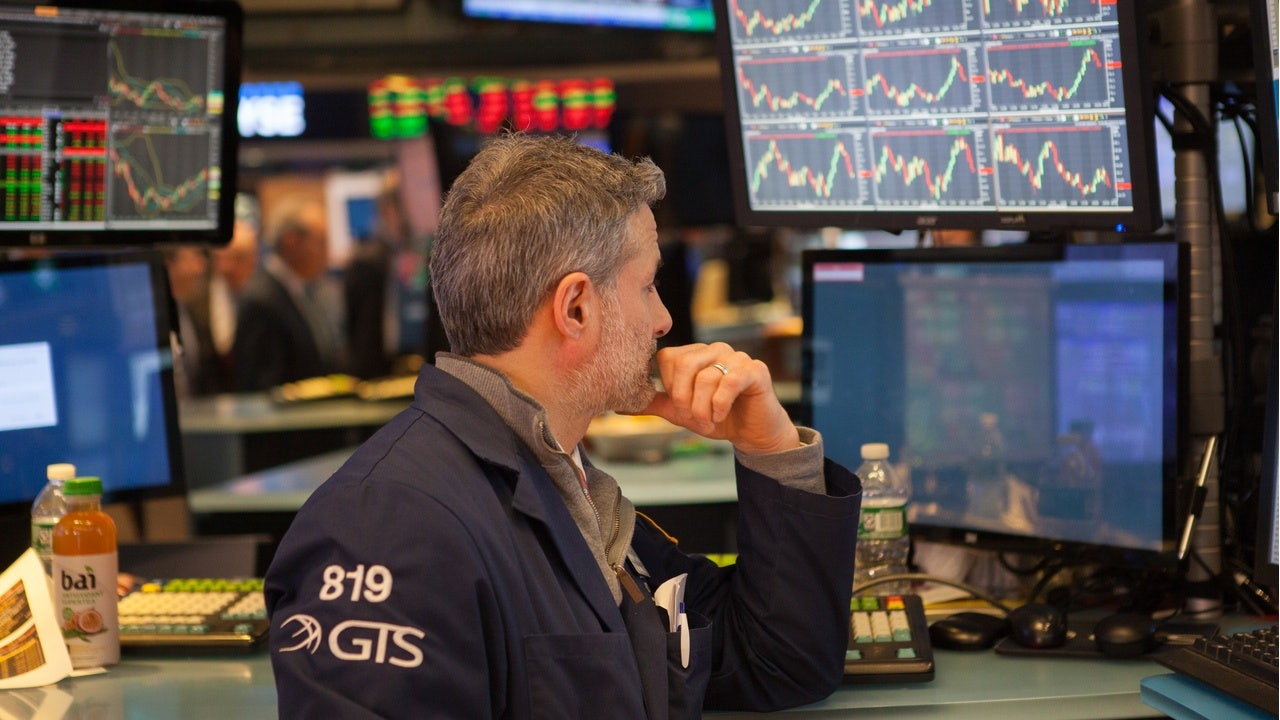Key Takeaways:#
US inflation in April jumped at “its fastest pace in more than 12 years.”
Chinese manufacturers might choose to reduce the size or quality of the products they export to the US.
In 2020, foreign direct investment (FDI) declined 49 percent in the US.
The economies of global players are intricately linked, so significant changes in the European Union or the United States will necessarily impact China. Sharp price hikes in the US are terrible news for Beijing and Chinese manufacturers. But the problem is that there are not any signs that this negative trend will reverse anytime soon.
CNBC and the Labor Department highlighted that inflation in April jumped at “its fastest pace in more than 12 years,” with the Consumer Price Index increasing 4.2 percent from 2020. That increase was the fastest rise since September 2008, while the monthly gain in core inflation was the biggest gain since 1981.
“Policymakers at the Fed and in the (White House) need to recognize that the risk of a Vietnam inflation scenario is now greater than the deflation risks on which they were originally focused,” said former treasury secretary Lawrence Summers to CNN. “Whatever was the case a few months ago, it should now be clear that overheating — not excess slack — is the dominant economic risk facing the US over the next year or two.”
Even a hedonistic millennial consumer who loves to splurge on luxury items and high-end vacations is starting to recognize that consumer prices have jumped significantly. You don’t have to be an economic whiz kid to understand that when gasoline, motor fuel, and food prices increase, your disposable income drops.
Yet, while luxury houses should be very concerned about the economic prospects and discretionary spending trends of young, spendthrift consumers, they should also keep in mind that COVID-fueled US inflation won't just impact American consumers. It is also going to hurt luxury shoppers in China and the EU. In fact, Chinese economists are already concerned about the risk of “imported inflation” in China.
According to a CNBC translation of a text published in the latest issue of the government-affiliated journal “Public Finance Research," a Chinese former finance minister named Lou Jiwei said that “the large-scale issuance of US treasuries and the rapid expansion of the Federal Reserve (balance sheet) have increased the spillover effect of US macro-policies.”
Jiwei believes that emerging economies will feel the impact of American monetary policies.“We are facing major changes not seen for a century,” he stated.
How will US inflationary trends impact China?#
Inflation in the US will reduce the value of the US dollar, and in the broader market, US companies will be forced to hike the minimum wage to match inflation rates. That will squeeze American companies further, making it difficult to build profits. Therefore, the retail and apparel industries will need to devise anti-inflation strategies to help boost global demand for US products.
The most straightforward solution would be to boost prices to maintain profit margins. But that would make American goods less competitive, both abroad and domestically. Unsurprisingly, domestic consumers will select “cheaper goods” manufactured abroad in places like China. So, at first sight, it might appear as if China is winning. But the reality is that everyone loses.
Considering that Trumps’s tariffs are still in place and Chinese manufacturers and suppliers are already charging less for the goods exported to the US, it is foreseeable that they will choose to reduce the sizes or quality of their American exports.
Moreover, as the US market loses its appeal, Chinese manufacturers might decide to focus on other global markets. So the US could face temporary shortages in various sectors that depend on China. We’ve already seen the devastating effects of a pharmaceutical product shortage during the pandemic.
Regarding retail, the US depends on Chinese cotton exports, textiles, and exquisite fabrics. If China stops prioritizing exports to the US, the American retail and fashion industry will find itself in a tricky situation where supply-chain agreements might have to be renegotiated.
Domestic inflation impacts foreign direct investment (FDI) inflow#
It is unrealistic to believe that, in the near future, the US won’t remain a preferred global destination for foreign direct investment (FDI). But recent developments could steal America’s thunder. According to Gray, FDI supports nearly 8 million jobs in the US and is critical to national growth and prosperity. But in 2020, FDI declined 49 percent in the country.
Meanwhile, China became the first global destination for foreign direct investment. This trend is expected to continue in the future, with the world economic center of gravity moving more towards China. It is a pattern that helps China’s development and creates a framework in which American firms suffer significant setbacks. Too often, the development and survival of SMEs depend on accessing FDI, but if these companies experience difficulties in attracting experienced multinational investors, they could go bankrupt.
The American retail industry is already crippled, and the pandemic has wreaked havoc even at the most established brands; thus, FDI could bring unique advantages and benefits. Considering all of these issues, China should be very worried about inflation in the US. If the situation persists, China and the already vulnerable eurozone will directly feel America's inflationary effects. As for the luxury industry, expect many major luxury brands to offset inflation by hiking prices.

